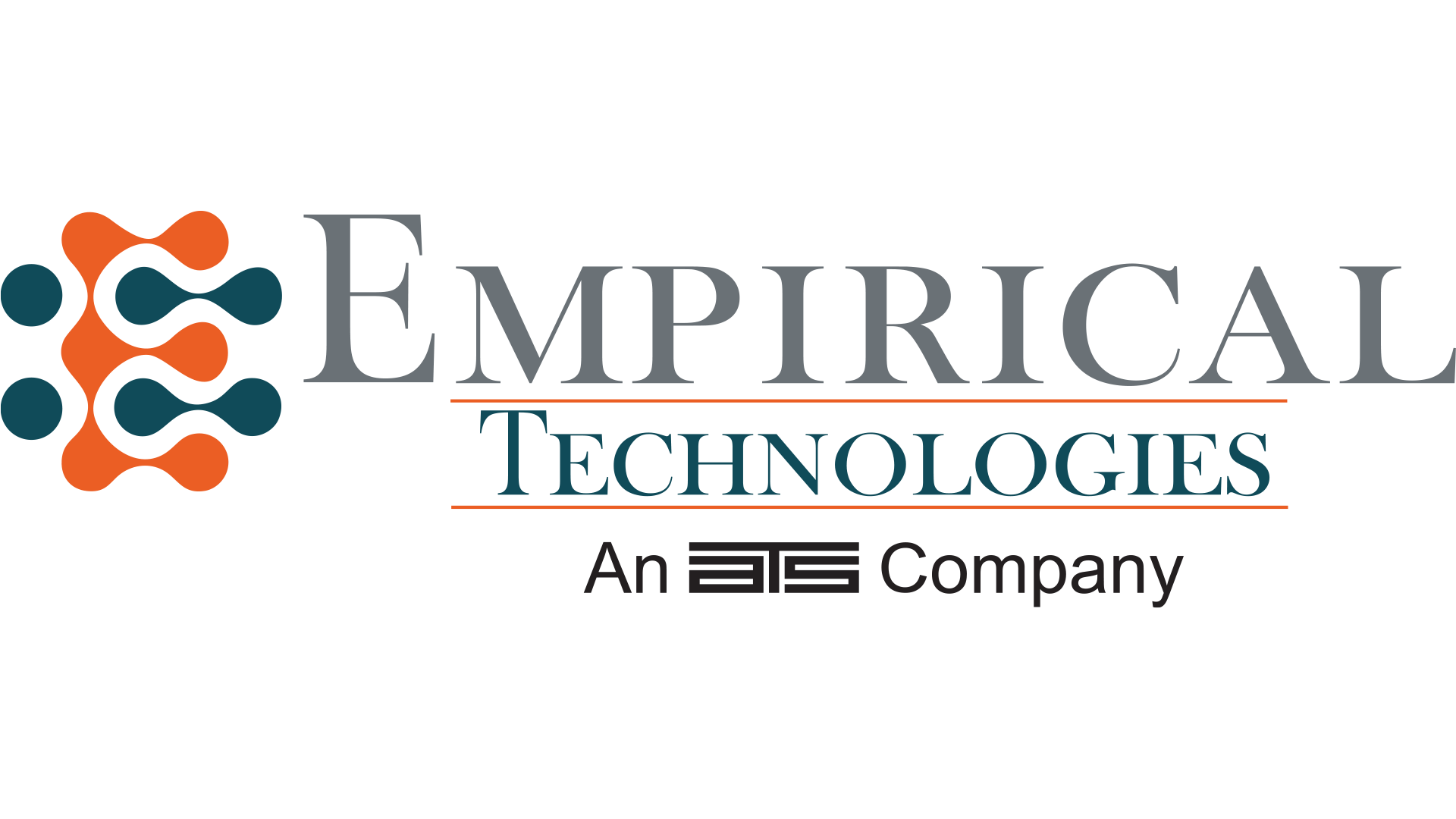mechanical Testing
Characterizing Material Performance
What Sets Empirical Apart?
- Trusted Reputation
- Comprehensive & Proven Solutions
- Extension of your team, providing guidance & timely execution
- 25 + years of experience
- Unbiased 3rd Party Testing
- Industry Partnerships
- Regulatory-ready test reports
- Custom mechanical testing and protocols
- ISO/IEC 17025 Accredited Lab
- Cut through the Red Tape
- Speed to Market
What is Mechanical Testing?
Mechanical device testing pushes individual components in products to their limits to determine if they need any modifications. At Empirical Technologies, we’ll test the tensile strength of components working together, the shear wear during movement, and the torsion of twisting components.
We push devices to see what happens under fatigue, determine the natural wear and simulation over time, and run constant tests on instruments and dedicated screws to discover their life cycles. We also test the axial compression of a device under repeated duress and consistently check to ensure your device meets all standards and regulations. With Empirical Technologies behind you, rest assured that your product will make it to market quickly and safely.
Why is Mechanical Testing Important?
Types of Mechanical Testing Services
Tensile Testing
Tensile testing applies force to separate the materials themselves and to determine if assembled parts can sustain pressure. This uncommon test often finds use when assembling cervical spine constructs.
Shear Testing
Shear testing determines the amount of forces materials sliding past each other can endure before failure occurs. Lumbar spine products often need this to simulate L4-S1 loading.
Torsion Testing
Tensile testing applies force to separate the materials themselves and to determine if assembled parts can sustain pressure. This uncommon test often finds use when assembling cervical spine constructs.
Fatigue Mechanical Testing Services
Fatigue testing looks at cyclic loading, the amount of loading cycles a device can handle before materials rupture or break. We commonly check the life cycle of medical devices to make sure they stay in service as long as possible.
Wear & Simulation Testing
Wear a.k.a. simulation testing evaluates the performance of devices in real world conditions. When developing all motion preserving joint constructions, testers push their limits to determine how well they perform and the wear they sustain with repeated use.
Instrument & Life Cycle
Empirical Technologies mechanical testing labs assist customers in improving the designs and functions of devices. We design custom tests that mimic clinical usage and operating room procedures to ensure they last as long as possible.
Lot Verification Testing
Lot Verification Testing confirms that products meet the standards and minimum criteria for release to pass FDA/510(k) Clearance, ASTM, and/or ISO regulations. These agencies require manufacturer verification so that practitioners purchase tools that will last and consistently achieve results.
Non-Standard Testing
Every year dozens of our customers push the envelope in medical technology. Empirical Technologies assists these clients by helping them understand regulation standards, developing unique tests, and tracking testing data to support submissions for cutting-edge devices.
Axial Compression
To mechanically test axial compression, we apply force to compress the equipment to see how a material’s fatigue resistance holds up under repeated use. This golden standard in medical device testing comprises most of the fatigue and static testing performed at Empirical Technologies.
Dedicated Screw Testing
Dedicated screws hold medical devices in place after surgeries and during product use. By testing how the screws hold up under regular and intense use, patients and doctors alike can trust that most medical implants and devices will work for years to come. Take a look at some of our common tests to learn more about how we push dedicated screws to their limits:
Driving Torque
Pull Out
Shear, Fatigue, & Lever
Properties that Mechanical Testing Equipment Measures
- How do materials hold up under physical pressure?
- What happens as surfaces come in contact repeatedly?
- How much twisting can malleable materials endure before failing?
- What is the typical wear and life cycle expected for components?
- How many times can components bending or stretching over time before losing their shape?
- Will metal sheets and coatings remain functional and not chip during regular use?
- Will your dedicated screws function when fasting a medical device to a substrate like bone?
- Does everything adhere to the agency regulations?
When Should Mechanical Testing Be Done
In order for medical devices and products to be sold, mechanical testing needs to take place. After the initial design makes it to prototype, we want to see how it functions in its typical environment over time. Without the data gathered from pushing components to critical failure, regulatory agencies will not approve them.
Empirical Technologies wants to save you time and money. We work hard to stay up-to-date with changes and new requirements set in place by FDA/510(k) Clearance, ASTM, and ISO agencies while maintaining detailed reports for both the agencies and our clients. By remaining transparent and consistent with our data, we’ll get your approval ready 20-30% faster than industry standards for medical device testing.
Why Choose Empirical Technologies?
Custom Testing
Our Experience
Frequently Asked Questions
Anyone seeking to pass regulations and standards needs to get their device tested. Once you’ve got a working prototype, let us put it to the test to help you determine what changes or modifications will keep it running effectively and efficiently for as long as possible.
Practitioners using medical devices and the recipients that receive implants and treatments should be able to trust the technology developed for them. The three big regulatory agencies we work with include The U.S. Food and Drug Administration (FDA), the International Organization for Standardization (ISO), and the American Society for Testing and Materials (ASTM).
As our team tests your devices, we send regular updates to your team and regulatory agencies. We want our process to be transparent to all parties involved in case anyone wants more information.
